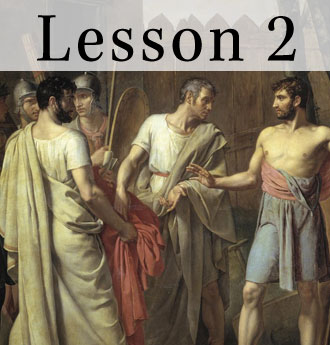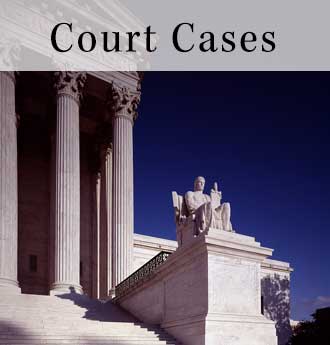Lesson 2: What Ideas about Civic Life Informed the Founding Generation?
A Modell of Christian Charity ("City Upon a Hill" sermon)--John Winthrop, 1630
Believed to be written and delivered en route to Massachusetts, Rev. Winthrop warned his Puritan colonists that their new community would be a "city upon a hill," watched by the world.
Link: http://www.ushistory.org/us/3c.asp
The Social Contract, Or Principles of Political Right--Rousseau, 1762
In this book, Rousseau examines the nature of legitimate authority and political community with regard to man's place in the state of nature.
Link: https://en.wikisource.org/wiki/The_Social_Contract
Two Treatises of Government--John Locke, 1689
From Wikipedia: The Two Treatises of Government was published anonymously in 1689 by John Locke. The First Treatise attacks the patriotic state, and the Second Treatise outlines his thoughts on civil society based on natural rights and contract theory.
Link: https://en.wikisource.org/wiki/Two_Treatises_of_Government
Aristotle--Politics, 350 BCE
Aristotle's work on such topics as the political community, economics, property rights, citizenship, leadership, constitutions and the ideal state.
Link: http://classics.mit.edu/Aristotle/politics.html
Cicero--De re publica (The Republic or On The Commonwealth), 54-51BC
Cicero's theories of constitutions, education, and citizenship.
Link: http://is.gd/2EM01
Pericles' Funeral Oration
Pericles' speech given at the annual public funeral for fallen soldiers, as told in Thucydides' History of the Peloponnesian War, which extols the virtues and accomplishments of Athens.
Link: http://bit.ly/pericles_funeral_oration
Tocqueville--Democracy in America, 1835, 1840
A review of American representational government in the 1830s, focusing on the reasons for success in America versus attempts and failures in other places.
Link: http://books.google.com/books?id=gTX-uSzS2fAC&printsec=title







